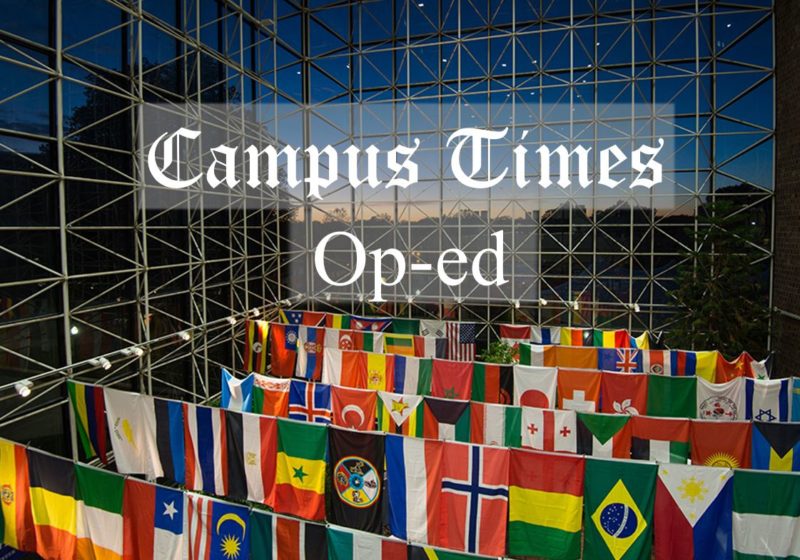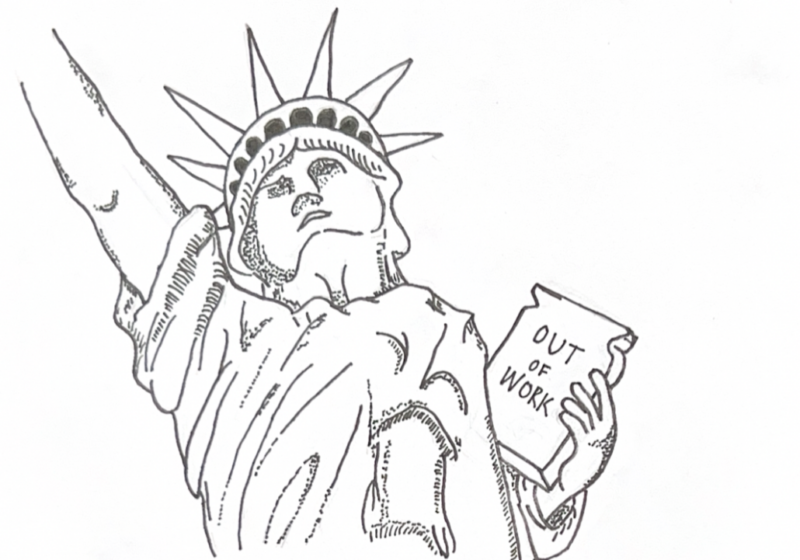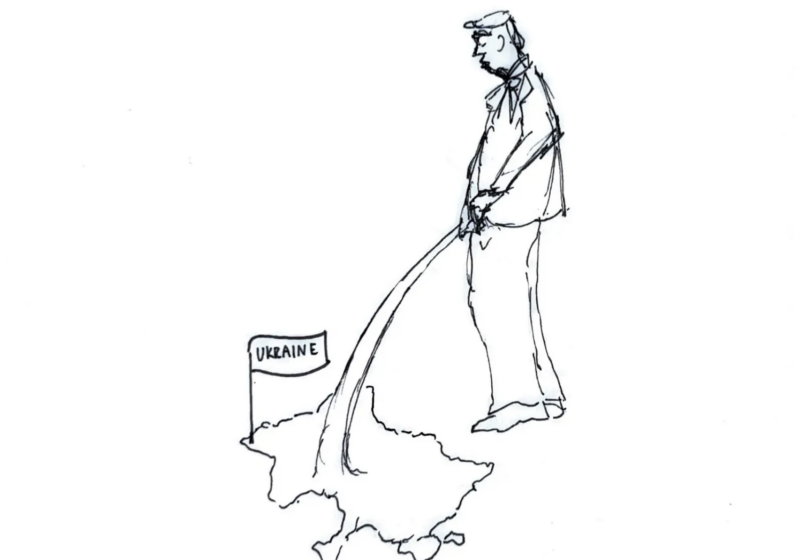How do I begin this article?
I could start by talking about how I found out about it, but that pales in comparison to those who lost everything in its wake. I could begin with a short history lesson, but I was never taught the part of our history that matters because they couldn’t decide on a bad guy.
The truth is, it doesn’t matter where I begin this story. There are no good guys here. No matter how I spin it, since the Lebanese Civil War in 1975, the outcome has been one and the same: death and destruction.
To date, the biggest example of that is the explosion of August 4. After a fire ignited near the Port of Beirut, 2,750 tons of ammonium nitrate exploded, releasing a huge mushroom cloud and a supersonic shock wave that destroyed almost everything in its 10 kilometer radius, with damages exceeding a 30 kilometer radius. It is one of the biggest non-nuclear explosions in history.
The aftermath? At the time of writing this, at least 220 deaths, 110 missing, 7,000 injuries, and 300,000 people displaced. Businesses that were already shutting down in the wake of an economic crisis and a crushed currency, destroyed. The Port of Beirut, Lebanon’s hub of trade activity and perhaps the only thin wire it was hanging by, flattened. Beirut, the city that was once hailed as the Paris of the Middle East, snuffed out like a candle flame.
It’s easy to romanticize what happened, or to brush it off as an unfortunate accident. But none of it was inevitable.
The dangerous chemicals had been stored since 2013 after they were seized by Lebanese authorities from a ship sailing to Mozambique. They knew about it and the security threat it posed. They did nothing.
But in the middle of all the chaos, it was the people who showed up. After having just suffered a traumatic incident, they shared what little they had left. In a country that has three times more citizens living outside of it than inside of it, its youth have not given up on it.
Meanwhile, our leaders were weeping crocodile tears. They were running around like circus animals in cages, denying responsibility and gaslighting the people. They were having a banquet at a funeral. They confirmed to the rest of the world what most Lebanese people already know: that Lebanon is a failed state, built on a sectarian system that separates the people and lines the pockets of those in power.
You’re probably thinking, “What stake do I have in any of this?” The answer is probably not much. You can scroll past an Instagram post asking for donations or explaining what happened and go about your day. But is that really the world we want to live in? Where the cruelties faced by the people in one corner are ignored by the vast majority in another corner?
Tragedy in the Middle East is already orientalized and normalized enough as it is, and most of it is a direct or indirect consequence of Western colonialism. Since coming to the U.S., I’ve had people ask me some variation of, “Isn’t there, like, a war there?” almost every time I tell them where I’m from.
The media narrative that Arab lives are enshrouded in tragedy isn’t new, nor is it necessarily untrue. But this explosion should be treated as if it had occurred in New York City or Paris, because Beirut was as big a city as either of them. It had Versace, Gucci, and Rolex stores. Its downtown put SoHo to shame. It had homey cafes, fancy restaurants, the best nightlife in the Levant, and some of the only safe queer spaces in Lebanon.
So how can you help? First of all, signing petitions is, as the Lebanese proverb goes, like slapping water. It does nothing.
Instead, donate to the Lebanese Red Cross here or via their app. They’re a 100% non-profit, volunteer-based NGO. They’re also Lebanon’s national emergency hotline, and are currently helping with disaster relief efforts.
You can also donate to the Lebanese food bank here, Baytna Baytak’s housing relief, as well as many more emergency funds. No amount is too little. Due to currency inflation, a single dollar helps much more than you think.
And lastly, keep talking about what happened. This isn’t your social media activism flavor of the week. Healing all those people mentally and physically and rebuilding or finding new homes will take time and money.
It is said that Beirut has been destroyed and rebuilt seven times during its 5,000 year history. The land finds itself in a vicious cycle of abuse, clinging to past glories and taking solace in the Eden that it once was. But in the words of Lebanese legend Fairouz in her ode to the city, “Beirut has a glory made from ashes.”






